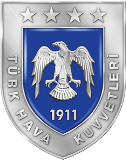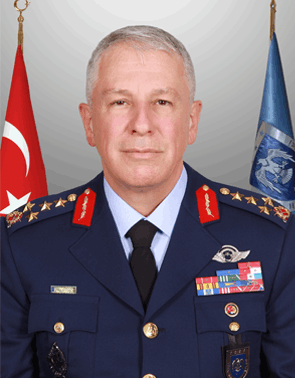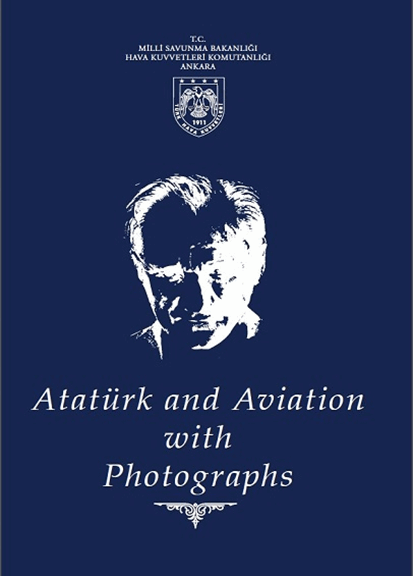

General Ziya Cemal KADIOĞLU
TURKISH AIR FORCE COMMANDER
Atatürk and Aviation
Click to view the book |
Mustafa Kemal ATATÜRK is a soldier who personally witnessed the effect and power of airplanes on many different battlefields throughout his military life. Atatürk, who participated in the Picardie Maneuvers in France in 1910 as a staff captain, had the opportunity to observe and examine planes for the first time. In 1911, during the Tripoli War, he saw the use of aircraft for reconnaissance and bombardment for the first time, and subsequently witnessed the power of aircraft as a war weapon in the Balkan and First World Wars to affect the course of the war. He also gave special importance to aviation in the War of Independence, which was the life and death struggle of the Turkish nation, where he was the Commander-in-Chief. Turkish aviators have rendered great service to this struggle with great sacrifices. Air power was one of the first organizations established after the opening of the Turkish Grand National Assembly on April 23, 1920. The Turkish Air Force, which was created almost out of nothing despite all the impossibilities during the war years, also showed effectiveness against the outnumbered Greek forces during the Western Front battles. The flow of civilization, the fast pace of science and technology; led the nations to seek their future in the skies. In this context, the most important breakthroughs in becoming an independent force were taken between 1923-1938.
|
14 April 2025 Monday
Participation In The 40th Space Symposium11 April 2025 Friday
Aeromedical Research and Training Center09 April 2025 Wednesday
Combatant Air Force Commander General İsmail GÜNEYKAYA participated in the NATO Air Force Chiefs' Symposium07 April 2025 Monday
Exercise Red Flag-2025/226 March 2025 Wednesday


